– Israeli think tank: Don’t destroy ISIS; it’s a “useful tool” against Iran, Hezbollah, Syria:
Head of a right-wing think tank says the existence of ISIS serves a “strategic purpose” in the West’s interests
According to a think tank that does contract work for NATO and the Israeli government, the West should not destroy ISIS, the fascist Islamist extremist group that is committing genocide and ethnically cleansing minority groups in Syria and Iraq.
Why? The so-called Islamic State “can be a useful tool in undermining” Iran, Hezbollah, Syria and Russia, argues the think tank’s director.
“The continuing existence of IS serves a strategic purpose,” wrote Efraim Inbar in “The Destruction of Islamic State Is a Strategic Mistake,” a paper published on Aug. 2.
By cooperating with Russia to fight the genocidal extremist group, the United States is committing a “strategic folly” that will “enhance the power of the Moscow-Tehran-Damascus axis,” Inbar argued, implying that Russia, Iran and Syria are forming a strategic alliance to dominate the Middle East.
“The West should seek the further weakening of Islamic State, but not its destruction,” he added. “A weak IS is, counterintuitively, preferable to a destroyed IS.”
Inbar, an influential Israeli scholar, is the director of the Begin-Sadat Center for Strategic Studies, a think tank that says its mission is to advance “a realist, conservative, and Zionist agenda in the search for security and peace for Israel.”
The think tank, known by its acronym BESA, is affiliated with Israel’s Bar Ilan University and has been supported by the Israeli government, the NATO Mediterranean Initiative, the U.S. embassy in Israel and the Carnegie Council for Ethics in International Affairs.
BESA also says it “conducts specialized research on contract to the Israeli foreign affairs and defense establishment, and for NATO.”
In his paper, Inbar suggested that it would be a good idea to prolong the war in Syria, which has destroyed the country, killing hundreds of thousands of people and displacing more than half the population.
As for the argument that defeating ISIS would make the Middle East more stable, Inbar maintained: “Stability is not a value in and of itself. It is desirable only if it serves our interests.”
“Instability and crises sometimes contain portents of positive change,” he added.
Inbar stressed that the West’s “main enemy” is not the self-declared Islamic State; it is Iran. He accused the Obama administration of “inflat[ing] the threat from IS in order to legitimize Iran as a ‘responsible’ actor that will, supposedly, fight IS in the Middle East.”
Despite Inbar’s claims, Iran is a mortal enemy of ISIS, particularly because the Iranian government is founded on Shia Islam, a branch that the Sunni extremists of ISIS consider a form of apostasy. ISIS and its affiliates have massacred and ethnically cleansed Shia Muslims in Syria, Iraq and elsewhere.
Inbar noted that ISIS threatens the regime of Syrian President Bashar al-Assad. If the Syrian government survives, Inbar argued, “Many radical Islamists in the opposition forces, i.e., Al Nusra and its offshoots, might find other arenas in which to operate closer to Paris and Berlin.” Jabhat al-Nusra is Syria’s al-Qaida affiliate, and one of the most powerful rebel groups in the country. (It recently changed its name to Jabhat Fatah al-Sham.)
Hezbollah, the Lebanese-based militia that receives weapons and support from Iran, is also “being seriously taxed by the fight against IS, a state of affairs that suits Western interests,” Inbar wrote.
“Allowing bad guys to kill bad guys sounds very cynical, but it is useful and even moral to do so if it keeps the bad guys busy and less able to harm the good guys,” Inbar explained.
* * *
PayPal: Donate in USD
PayPal: Donate in EUR
PayPal: Donate in GBP



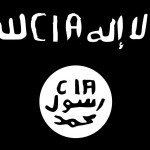
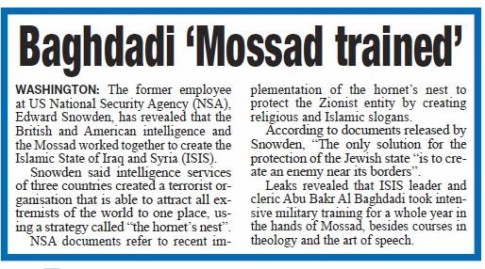

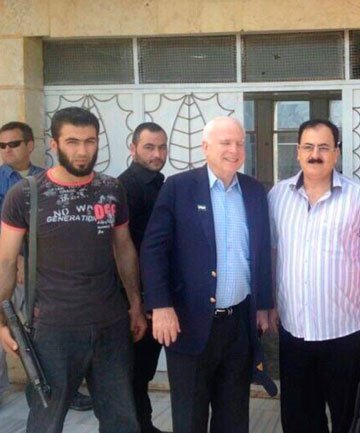
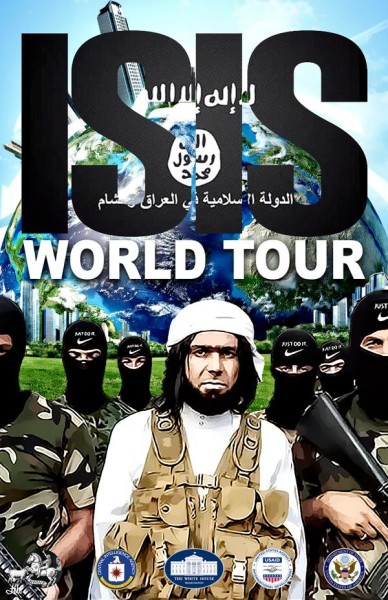
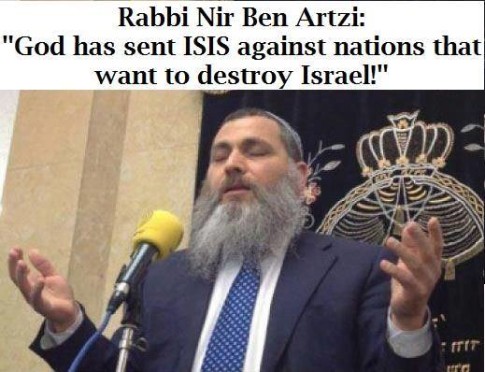
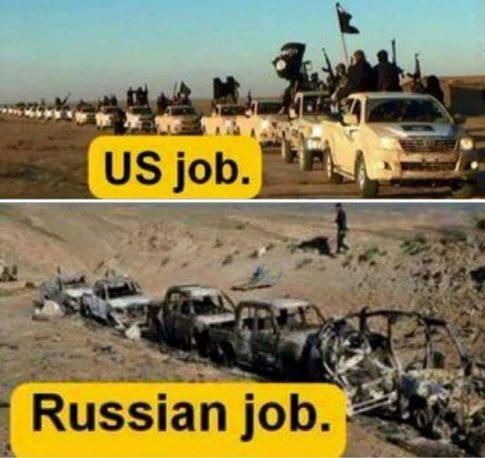
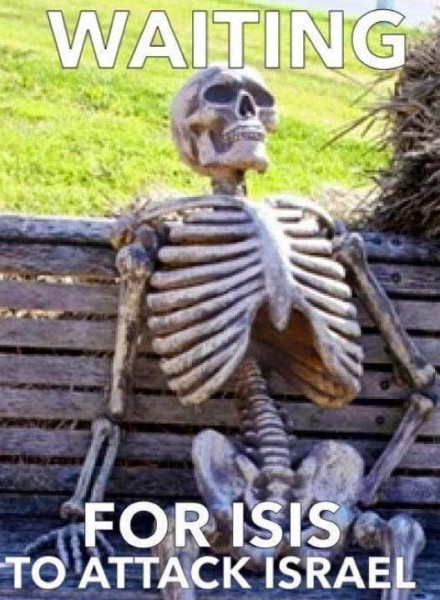
They’ll have to do better than that.
http://americanfreepress.net/china-backs-russias-war-against-isis/